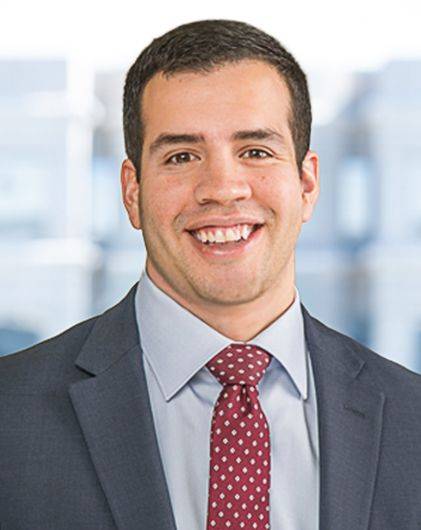DOL Ends Program That Let Employers Self-Report Wage Violations
Employers can no longer avoid penalties by self-reporting minimum wage and overtime violations under the Fair Labor Standards Act (FLSA).
The U.S. Department of Labor (DOL) just ended the Trump administration program that allowed employers to self-report minimum wage and overtime violations. This program, known as the Payroll Audit Independent Determination Program (PAID), launched in 2018 as a tool for employers to voluntarily investigate and fix FLSA violations without the threat of costly litigation or negative publicity. Under PAID, employers self-reported FLSA violations to the DOL and agreed to pay 100% of back wages owed during a two-year period. The DOL in return would approve settlements with the affected workers, decline to seek a third year of back wages, liquidated damages or penalties, and keep the identity of the employers confidential. Proponents argued that the program resolved wage and hour issues quickly without the need for litigation, improved compliance with wage and hour laws, and returned owed back pay to workers faster.
The current administration was not as impressed by PAID. It argued the program curtailed the workers’ ability to bring a private action and put employers abiding by the FLSA at a disadvantage. The new DOL signaled that the PAID program was unnecessary, because the DOL’s Wage and Hour Division already offers significant outreach and educational resources for employers who need help with wage and hour compliance. It maintained that these resources are enough to help employers comply without relieving them of their legal obligations.
Since PAID launched, the program has collected $7 million in back wages for over 11,000 workers. Despite its criticisms, former DOL officials were optimistic about the program’s future as more employers began to test the waters and self-report violations. Now that the program has ended, the tried and tested methods of investigation and enforcement actions will again take center stage at the DOL. Moving forward, employers should continue to audit their pay records to ensure compliance with the understanding that they no longer can rely on the benefits of PAID.
Please contact Matthew Perez or any other member of Phelps’ Labor and Employment team if you have questions or need compliance advice and guidance.


